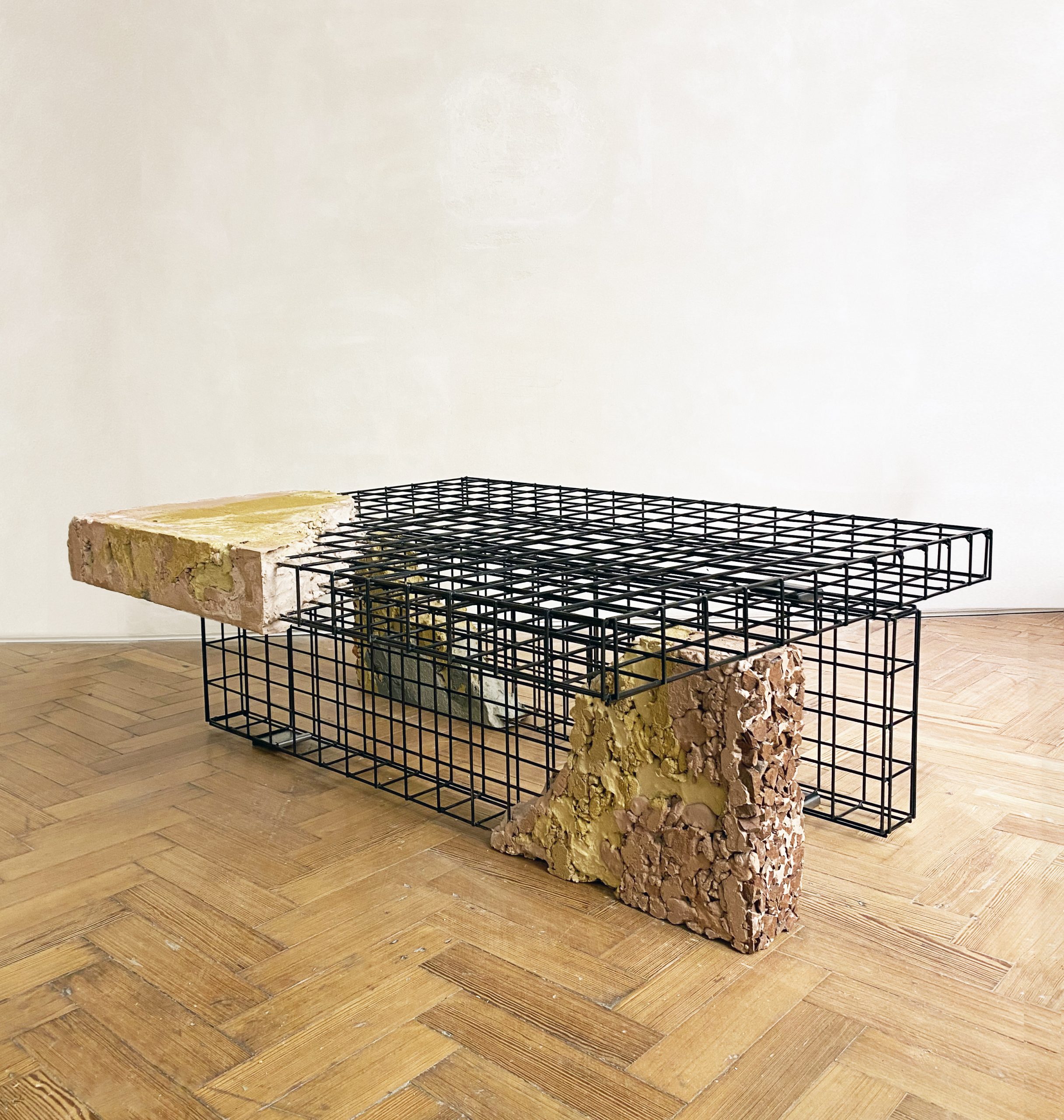Award 2021
Welcome to the Social Art Award 2021 – Online Gallery!
We are grateful for the many inspiring contributions from artists around the world. The selected works reflect a broad spectrum of contemporary social art practices and explore new relationships between humans, nature, and technology. They address themes such as ecological regeneration, climate justice, sustainable futures, social resilience, and more-than-human perspectives.
Below you will find the submissions from the Social Art Award 2021 – New Greening edition that passed the initial jury round. The Online Gallery offers public visibility to these works and encourages dialogue around their ideas and approaches; it does not replace the final jury decision.
Thank you to all artists for sharing your visionary and committed work. We invite you to explore the gallery and engage with the perspectives shaping New Greening.
Appropriating the Grid
Irene Roca Moracia
This exercise is a critique of the way of producing and consuming architecture in European countries, from the point of view of sustainability and social inclusion. Contemporary Ruins are the visible part of the overproduction in the construction industries. The European economy, organized in the form of a chain market, overproduces at all stages. From the constant creation and discard of construction materials, caused by strict checking and over-regulated safety and quality. To the approaches to producing the spaces that surround us, delivered completely finished and pre-designed beforehand and therefore rarely according to the rapidly changing real needs of users. Over the past two years, I researched how this system works. Making use of legal grey zones to obtain materials in perfect condition, discarded by construction companies, underpinned the production of the collection. I propose a series of ‘recipes’ to create domestic solutions. I combined formal structure and informal adaptation through up-cycled construction materials. The collection offers an ensemble of 11 modular elements that combine to achieve any standard high or measure for our daily needs. It illustrates how sustainability is a matter of operations and behaviours not merely a matter of architectural design and technology.
This exercise is a critique of the way of producing and consuming architecture in European countries, from the point of view of sustainability and social inclusion. Contemporary Ruins are the visible part of the overproduction in the construction industries. The European economy, organized in the form of a chain market, overproduces at all stages. From the constant creation and discard of construction materials, caused by strict checking and over-regulated safety and quality. To the approaches to producing the spaces that surround us, delivered completely finished and pre-designed beforehand and therefore rarely according to the rapidly changing real needs of users. Over the past two years, I researched how this system works. Making use of legal grey zones to obtain materials in perfect condition, discarded by construction companies, underpinned the production of the collection. I propose a series of ‘recipes’ to create domestic solutions. I combined formal structure and informal adaptation through up-cycled construction materials. The collection offers an ensemble of 11 modular elements that combine to achieve any standard high or measure for our daily needs. It illustrates how sustainability is a matter of operations and behaviours not merely a matter of architectural design and technology.



